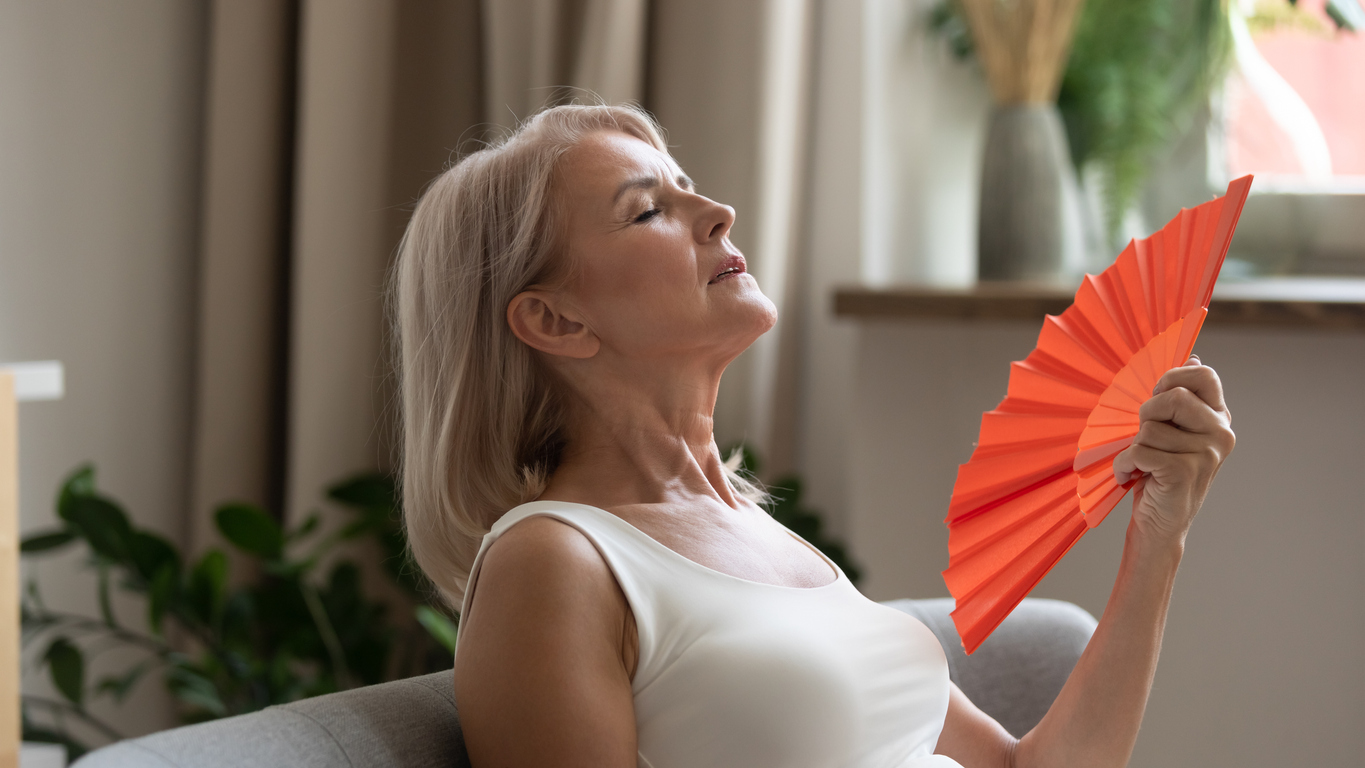Are you hot flashing? Having headaches, memory loss, fatigue? And, the dreaded weight gain around the middle? You are not alone!
Menopause can be a difficult time for many women. Symptoms additional to the above can include low libido and anxiety. It’s not the easiest time of life, but there are ways to approach the hormonal shifts. At Linden & Arc Vitality Institute, we are here to help.
What’s up with the hormones?
Hormonal changes begin as ovulation ceases – your progesterone decreases. The balanced ratio of estrogen to progesterone begins to tip toward estrogen. Estrogen is the hormone that makes you feel sexy, happy, and full of life.
Sounds good right? So, what’s the problem?
Changes in estrogen can also affect our thyroid hormones and cortisol levels. Excess estrogen may cause bloating, fatigue, headaches, poor sleep (see Smith, 2010, p. 7 or Somers, 2006, p. 38 for a full list). The balance of estrogen and progesterone is lost during hormonal shifts. The decline in progesterone, which is the hormone that makes you feel calm and relaxed, can cause you to feel more anxious, irritable, and depressed. Imbalances in hormones can impact your brain health, memory, and immune system. That’s why those pesky symptoms start to show themselves.
With a functional medicine approach, where there is a partnership between physician and patient, the menopausal years and beyond can be the best time of your life. The best time of life? Yes, really! Your vital energy can be cultivated by working to balance your hormones.
How is it possible to live the best life during menopause?
Taking a functional medicine and holistic approach, women do not have to suffer the symptoms associated with this stage of life. Anxiety, stress, sleepless nights, and weight gain don’t have to be the fate of the middle years – and your physical middle! Here are some tips towards finding balance by adjusting your lifestyle factors with mind, body, spirit and soul at the center of your healing journey:
Body:
- eat a whole foods diet with as much organic fruit and vegetables as possible
- make sure to eat enough lean protein and keep sugars to a minimum
- add 10 to 15 minutes of body-focused stretching or exercise to your daily routine
- add 3-minute breathing practice when you wake up and before bed
Mind:
- read a book about your menopausal health; the top two books we recommend and have in stock at Linden & Arc Vitality Institute, are: Ageless by Suzanne Somers and What You Must Know About Women’s Hormones: Your Guide to Natural Hormone Treatments for PMS, Menopause, Osteoporosis, PCOS, and More by Pamela Wartian Smith, MD, MPH.
- talk to your physician about hormone replacement therapy and options to consider; read about bioidentical hormones in Somers’ book.
Spirit & Soul:
- practice each day that connects you to that which matters most
- tune in a few minutes each day with practices such as: walking in nature, touching the leaves of a plant, prayer, meditation
With mindful planning and sustainable routines for body, mind, and spirit, post-menopausal women can come into the fullness of their power, creativity, and joy.
Some bonuses of this time of our lives: Women in their fifties and beyond often talk about no longer worrying about pleasing others, finding their voices, and having the confidence to change intolerable situations. With a balanced body, a sharp mind, and full vitality, life after menopause has no limits. Getting through the trials of menopause can be an adventure and a deep dive into your self – body, mind, and soul.
References:
Somers, S. (2006). Ageless: The naked truth about bioidentical hormones. Three Rivers Press.
Wartian Smith, P. (2010). What you must know about women’s hormones: Your guide to natural hormone treatments for PMS, menopause, Osteoporosis, PCOS and more. Square One Publishers.
Author
Lisa Itzcovitch, MA




